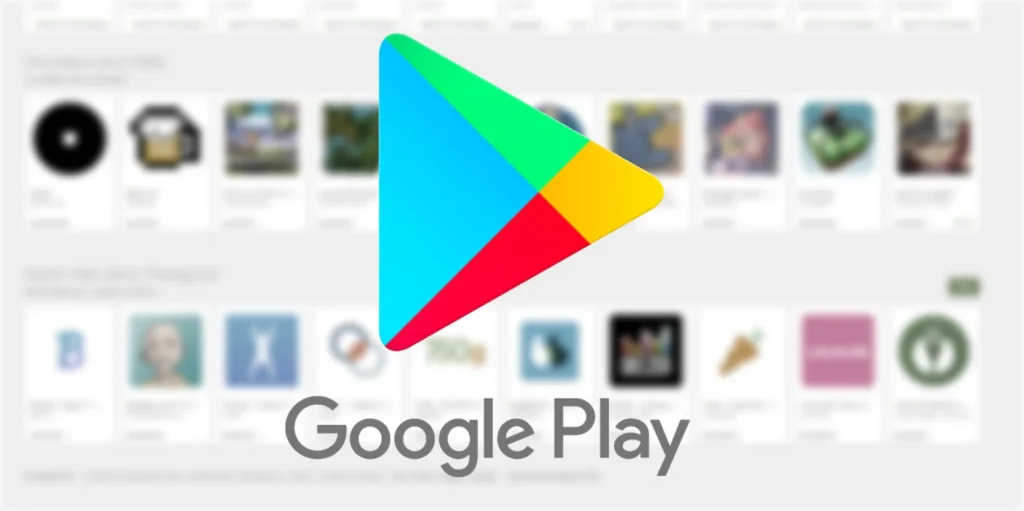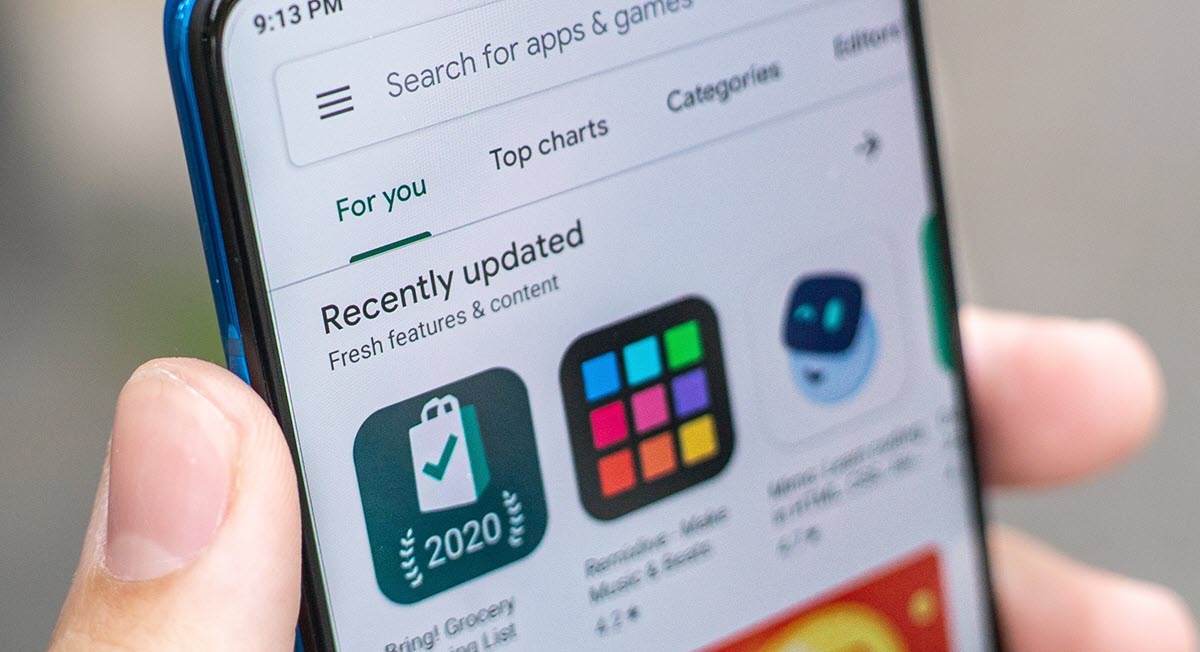
In an era where digital clutter is more prevalent than ever, Google Play has taken significant steps to enhance the quality of its app ecosystem. According to a recent analysis by Appfigures, the Android app marketplace has seen a drastic reduction in its app count, from 3.4 million at the start of 2024 to approximately 1.8 million today—a 47% decline. This shift starkly contrasts with the slight increase in app numbers on Apple’s iOS App Store during the same period.

The Reasons Behind the Reduction
Google’s proactive approach aims to address long-standing issues with app quality that have plagued its platform. Unlike Apple, which maintains strict app review standards, Google has historically utilized automated checks and malware scans. This method, while expedient, often allowed lower-quality, scammy, or spammy apps to proliferate, frustrating users and developers alike.
In July 2024, Google raised the bar by enhancing its minimum quality requirements for apps on the Play Store. This new standard extends beyond merely eliminating apps that crash or fail to run; it now also removes apps with “limited functionality and content,” such as static text-only apps or those offering negligible content like a single wallpaper.
Impact on Developers and Users
A Cleaner, More Trustworthy App Environment
For developers, Google’s cleanup operation is a welcome change. The reduction in app numbers means less competition for visibility for quality app developers and a better chance to stand out in a less crowded market. For users, the purge means a more streamlined and reliable experience when searching for new apps—no more wading through a sea of subpar options to find the gems.

Enhanced Policies and AI Investments
Google confirmed that its updated policies, including expanded verification requirements and increased human review efforts, have significantly contributed to the reduced app count. These efforts are complemented by substantial investments in AI for threat detection, stronger privacy policies, and improved developer tools.
In 2024 alone, these initiatives prevented 2.36 million policy-violating apps from being published and led to the ban of over 158,000 developer accounts attempting to release harmful apps.
The Broader Implications
Striving for a Higher Standard
Google’s rigorous new approach is not without its challenges but represents a crucial evolution in its strategy to foster a healthier digital ecosystem. As the tech giant enhances its policies and employs more stringent controls, the entire app market is pushed towards higher standards of quality and security.

A Look Ahead
Despite the significant reduction in app numbers, Appfigures reports a 7.1% increase in new releases on Google Play this year compared to last, suggesting that while the quantity may have decreased, the quality—and rate of innovation—continues to thrive.
As Google continues to refine its app marketplace, both developers and users can look forward to a platform that prioritizes quality, functionality, and user satisfaction above all.
Google Play’s drastic reduction in app numbers is a bold move towards redefining what a mobile app marketplace can be. By prioritizing quality over quantity, Google not only enhances user experience but also sets a new standard for the industry. This strategy, while challenging, highlights Google’s commitment to ensuring its platform remains vibrant, useful, and above all, trustworthy.
